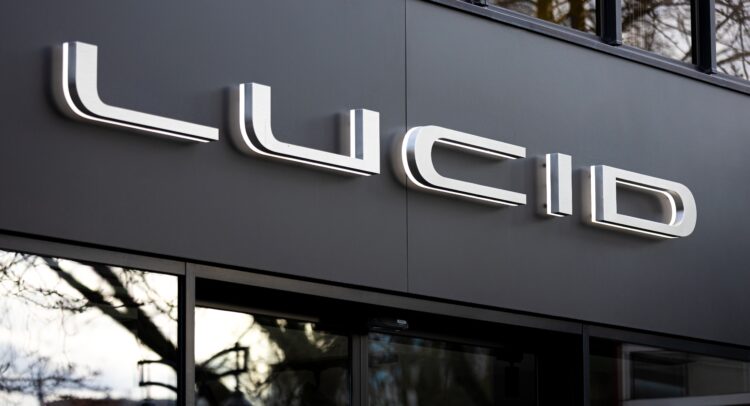The OpenAI power struggle that has gripped the tech world since the removal of co-founder Sam Altman has finally come to a resolution, at least for now. But what does it all mean?
It almost feels like we should be eulogizing OpenAI, as if it has undergone a transformation where the old organization has given way to a new, but not necessarily improved, startup. Sam Altman, the former president of Y Combinator, has returned to lead the company, but is this return justified? The new board of directors is notably less diverse, consisting entirely of white males, and there are concerns that the company’s original philanthropic mission is being overshadowed by more profit-driven interests.
However, it’s important to acknowledge that the old OpenAI had its imperfections as well. Until recently, the organization had a six-person board with a nonprofit entity holding a majority stake in its for-profit activities. The nonprofit’s charter focused on ensuring that artificial general intelligence benefits all of humanity, with little mention of profit or revenue. This structure was established with good intentions by the company’s co-founders, including Sam Altman, but it faced challenges once investors and powerful partners became involved.
Altman’s abrupt firing led to a backlash from OpenAI’s backers, including Microsoft and prominent venture capitalists, who were dissatisfied with the decision. OpenAI employees, many of whom were aligned with these outside investors, threatened mass resignation if Altman wasn’t reinstated. This turmoil also jeopardized a potential sale of employee shares that could have significantly increased the company’s valuation.
After a tumultuous period, a resolution has been reached. Altman and Greg Brockman have returned, subject to background investigations. OpenAI now has a new transitional board, and the company aims to maintain a structure that limits investor profits and emphasizes mission-driven decision-making.
However, it’s still too early to declare a clear victory for the “good guys.” While Altman may have won the battle for control, questions remain about the validity of the board’s concerns regarding Altman’s leadership. The new board members may interpret the company’s mission differently.
The current board lacks diversity, with only four members selected so far. This homogeneity doesn’t align with the goal of ensuring diverse viewpoints. In Europe, such a board composition would even be considered illegal, as it mandates a minimum representation of women.
AI academics and experts have expressed disappointment with the all-male board and the nomination of Larry Summers, who has made unflattering remarks about women in the past. There are concerns that a board like this may not consistently prioritize responsible AI development, especially when it comes to addressing societal challenges and biases.
The question arises: Why didn’t OpenAI consider recruiting well-known AI ethicists like Timnit Gebru or Margaret Mitchell for the initial board? The selection of the remaining board members presents an opportunity for OpenAI to demonstrate a commitment to diversity and responsible AI development. Otherwise, the AI community may continue to question whether a small group can be trusted to ensure responsible AI development for all of humanity.







Leave a Reply